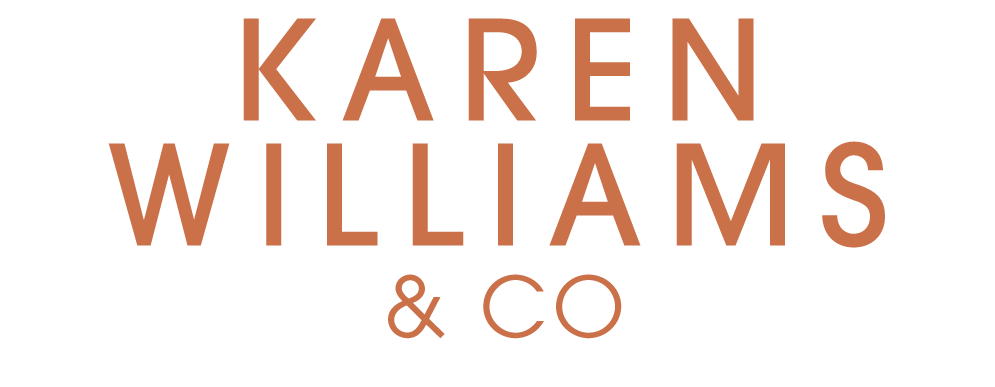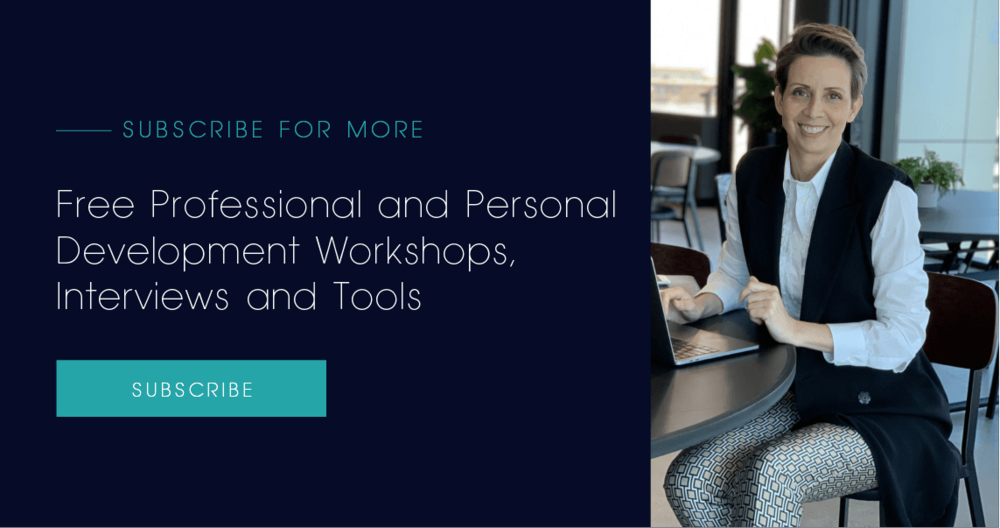Knowing How Is The New Currency
Making a change that we know we want to make, but haven’t yet made, can be less about needing more information, and more about mustering the courage to apply what we’ve already learned.
How many development programs have you been to, insightful articles and inspiring posts have you read, how many conversations have you had about how to do things better?
We have unlimited, high-quality information available to us for any kind of change we want to make. How to be a more engaging, influential, even trusted leader, a more effective manager, a more productive employee, a less distracted and more loving partner or parent.
We read, scroll, attend, and seek guidance and advice on our quest to find the answer to our most pressing problems.
But how many of those good ideas, cool insights or profound ‘aha’ moments make their way into our lives and help us cause real and lasting change?
How often do we stop scrolling to identify exactly when, in what situations and with which people, we will implement that amazing tool or tip that was just what we needed to hear?
Do we go back to that HBR article or turn back to that perfect page in the book and tell ourselves…
“This is the moment I’ve been waiting for to try this new thing I read about. I’m not going to react like I normally do right now, I’m going to do what it says right here instead.”
Let’s face it, not very often.
We promise ourselves we will, or at least we’ll come back to it later, but rarely do we follow through on all the things we think would be helpful. That great piece of knowledge gets lost in the pile of priorities and becomes something we once knew.
If you’re one of the rare ones, then well done, no doubt you’re experiencing consistent powerful and transformational shifts in your life and your results. Keep going and consider mentoring others.
But if you’re promising yourself that you’ll implement what you’re reading; well-intentioned but often finding yourself reflecting on the drive home about how you could’ve handled that conversation differently…it’s OK. You didn’t realise until now that it’s not enough to know, you need to know how.
The difference between knowing and knowing how is the same as knowing what to do to get into physical shape, and being in physical shape.
Knowing is interesting, knowing how is what’s on the other side of the consistent application of what we know.
Dr. Joe Dispenza, lecturer in neuroscience, researcher, consultant and New York Times best-seller shares that to make a change that sticks, we need to shift from knowing to knowingness through knowing how.
Knowingness is the state-of-being achieved through implementing what we know, then doing it over and over so that our mind (thought) and body(experience) come into alignment. No longer do we just know, now we know how.
When we learn something new, the number of connections in our brain double.
It’s like learning a new language. I can learn the nuances in dialects from my lounge room for months, but until I go to Barcelona and practice on the locals, until I have the experience of implementing what I know, over and over, I’m limited to only knowing a new language. I don’t yet know how to speak a new language. I have not yet evolved to a state of knowingness.
Neuroscience tells us that when we learn something new the number of connections in our brain double. But if we don’t use and apply the knowledge within hours or a few days, those new connections unravel and the knowledge is lost.
A leader, passionately committed to helping his front line people work better together, shared with them recently what he was learning from applying new knowledge. Unfamiliar with talking about himself, he persisted through his feelings of discomfort and included examples from his professional and personal life. While being open in this way didn’t come naturally to him, he was a shining role model for what he was asking of his people – learn something new, find the courage to apply it, reflect on the outcome, ask for help and keep growing. Demonstrating how moving from knowing to knowing how changes lives, relationships and results.
Moving from knowing to knowing how requires the courage to loosen our obsession with the external world (i.e gaining one more bit of knowledge) and confront the limitations and challenges lurking in our internal world that keep us from taking new action and keep a lid on our potential. We need to go beyond the personality we’ve created, how people know us, relate to us, and expect us to show up, and do something different.
Learning something new is the first critical step to new results, so keep learning. But if you’re learning and not implementing, consider you may be stuck in the intrigue of gaining more knowledge at the expense of becoming someone who knows how.
Knowing how is the new currency because it allows us to speak with conviction, teach and mentor, challenge others in partnership, and coach our people in a way that builds confidence through their growing pains.
Being someone who knows how means, in moments of stress when we usually react, we take a different approach and achieve results outside our current paradigm.
Results like:
Strengthening trust by being present and listening, when usually we’d keep talking because we know we’re right and they’re wrong.
Deepening engagement by stopping and asking a higher quality question to help someone grow, when usually we’d let frustration take over because the same problem keeps arising.
Encouraging personal leadership by letting go and allowing our people to find their own solutions, when usually we’d do it ourselves believing we do it better and faster.
Moments like these are the ones we usually see more clearly on the drive home. Slowly talking ourselves off the ledge of blame and judgement, promising ourselves we’ll do it differently tomorrow.
Moving from knowing to knowingness through knowing how, asks us to stop gathering information, move out of the stands and get on the field.
Knowing how is…
The courage to try.
The vulnerability to not yet know.
The belief that we are more than the personality we’ve created.
The self-trust that our ego will survive being in a learning state no matter our age, status or expertise.
Next time you attend a workshop, read a blog or turn a page in the best book you’ve read this year, stop, take a moment and try out that idea.
As Dr. Dispenza shares, it’s no longer enough to know, this is the time of knowing how.



